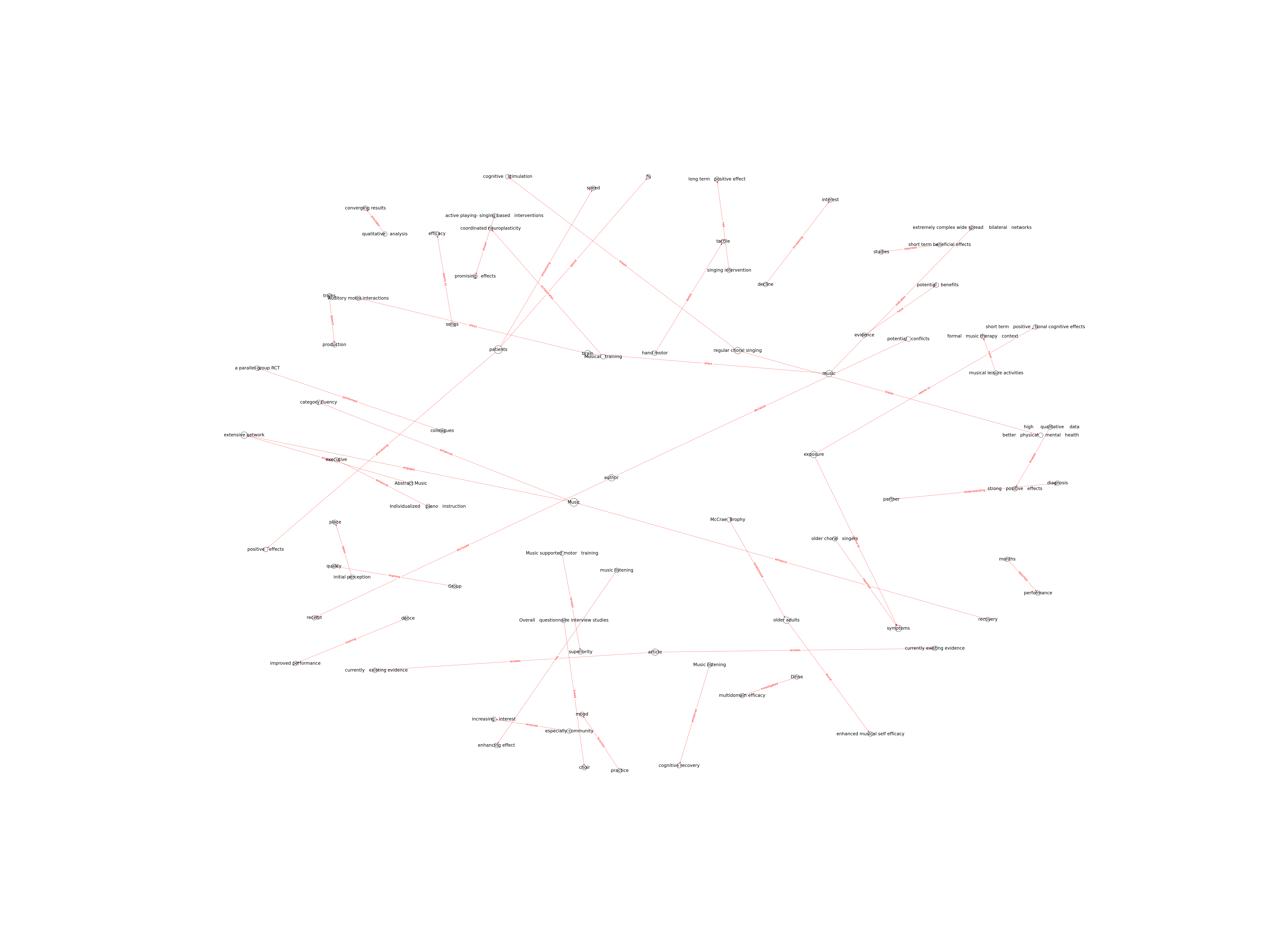| Id | 768 | |
| Author | Särkämö T. | |
| Title | Music for the ageing brain: Cognitive, emotional, social, and neural benefits of musical leisure activities in stroke and dementia | |
| Reference | Särkämö T.; Music for the ageing brain: Cognitive, emotional, social, and neural benefits of musical leisure activities in stroke and dementia ;Dementia vol:17 issue: 6 page:670.0 |
|
| Keywords | ageing; dementia; music; rehabilitation; singing; stroke |
|
| Link to article | https://www.scopus.com/inward/record.uri?eid=2-s2.0-85048323917&doi=10.1177%2f1471301217729237&partnerID=40&md5=7e8f875d5920862c2fbd7741feb08c73 |
|
| Abstract | Music engages an extensive network of auditory, cognitive, motor, and emotional processing regions in the brain. Coupled with the fact that the emotional and cognitive impact of music is often well preserved in ageing and dementia, music is a powerful tool in the care and rehabilitation of many ageing-related neurological diseases. In addition to formal music therapy, there has been a growing interest in self- or caregiver-implemented musical leisure activities or hobbies as a widely applicable means to support psychological wellbeing in ageing and in neurological rehabilitation. This article reviews the currently existing evidence on the cognitive, emotional, and neural benefits of musical leisure activities in normal ageing as well as in the rehabilitation and care of two of the most common and ageing-related neurological diseases: stroke and dementia. © The Author(s) 2017. |
|
| Metodology | Technique |

Note: Due to lack of computing power, results have been previously created and saved in database


